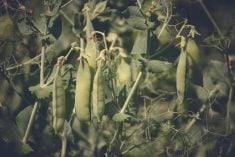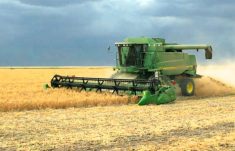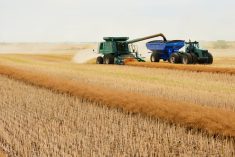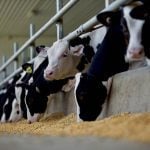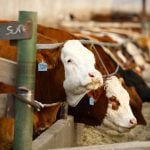Prairie provinces will receive the bulk of Ottawa’s $1.5 billion commitment to support irrigation projects, according to federal Agriculture Minister Marie-Claude Bibeau.
Prime Minister Justin Trudeau on Thursday launched a three-year, $10 billion infrastructure plan aimed at five different sectors, including agriculture. The $1.5 billion is expected to result in 700,000 acres of irrigated land.
Federal Liberals said the investment, to be funnelled through the Canada Infrastructure Bank, will create 60,000 jobs.
The $1.5 billion for agriculture is to target major irrigation projects, and the “lion’s share” of that will go to the Prairies and the West, Bibeau said, a region where she sees “opportunities for investment in this sector.”
Read Also
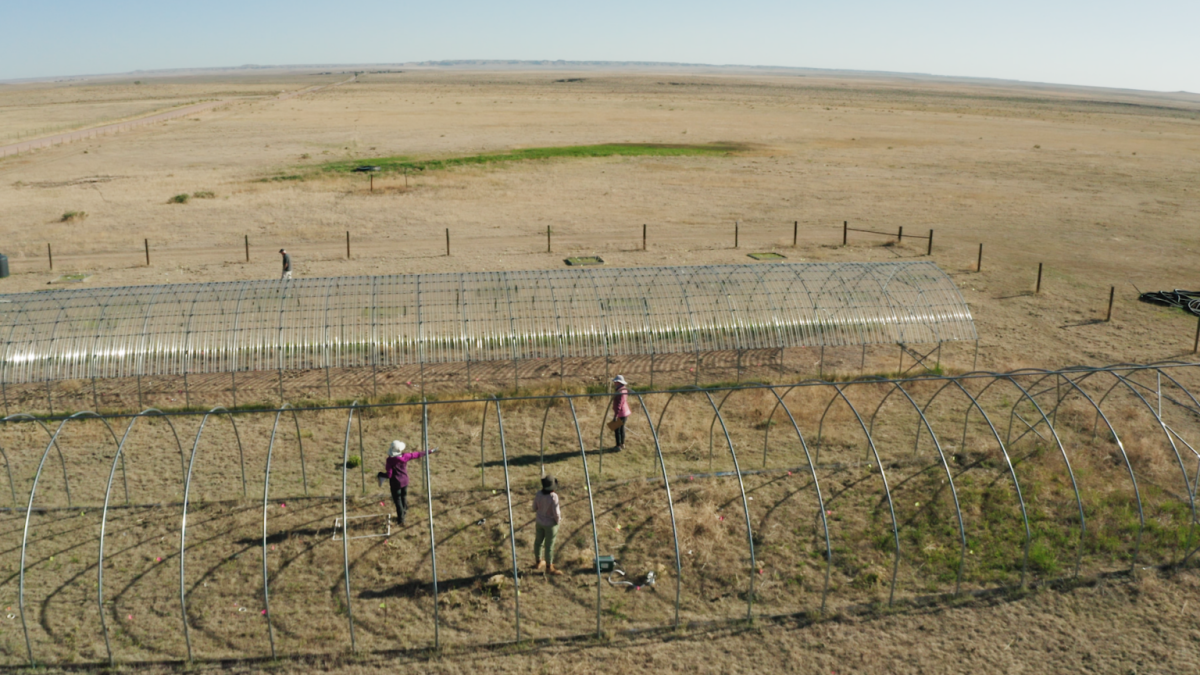
Prolonged drought causes unprecedented productivity loss: Study
Colorado State University — Extreme, prolonged drought conditions in grasslands and shrublands would greatly limit the long-term health of crucial…
The bank, she said, “has already started significant discussions with the provinces, the municipalities, the private sector to see how we could move forward.”
Bibeau didn’t mention specific projects, but Saskatchewan’s $4 billion, 10-year Lake Diefenbaker irrigation project is a top candidate to receive federal support.
The province in early July announced plans for a project expected to allow farmers to irrigate 500,000 acres.
Western Economic Diversification Canada, a federal department, last month recommended Ottawa help fund the Diefenbaker irrigation project, contending the completed project would add $85 billion to Canada’s GDP and $20 billion in tax returns back to government.
While targeted to the agriculture sector, the project is also expected to be beneficial for the potash industry.
Adding to the likelihood of federal support is the role former Liberal cabinet minister and Saskatchewan MP Ralph Goodale continues to play within party circles. A long-time advocate for the project, Goodale remains a highly respected voice in the party.
Scott Moe, currently running to continue serving as Saskatchewan’s premier, said he was given a heads-up on the announcement.
“I hope this is positive news. There is some money earmarked for the irrigation project, irrigation projects,” he told reporters in Regina. “We have a significant irrigation investment that will be coming here in the province of Saskatchewan.
“We will be looking at the details of this very soon,” he said, adding he hopes it is an investment rather than a loan through the infrastructure bank.
Ottawa’s announcement also contained a $2 billion commitment to expanding high-speed broadband access. In its Sept. 23 throne speech, the government said it wanted to improve internet access in rural and remote communities.
The Canadian Federation of Agriculture said in a release Thursday it’s “encouraged” by the infrastructure funding announcement, noting rural broadband has been a long-standing issue for farmers and rural communities.
“With the arrival of COVID-19, many services pivoted to become entirely online, highlighting the fact farmers’ lack of high-speed connectivity puts us at a significant business disadvantage,” CFA president Mary Robinson said in a statement.
“Rural broadband is not only necessary for today’s farmers to conduct business and take advantage of cutting-edge technology, it is also critical to attracting new, young farmers into the industry. We know younger generations see high-speed connectivity as essential to everyday living and business.”
The infrastructure bank will be rolling out these investments over the next 24-36 months, Robinson said, and the CFA “anticipates these investments will help accelerate the government’s promised timeline of connecting all of Canada by 2030.”
As for the irrigation funding, she said, “these types of investments will have positive impacts for years to come, helping mitigate the impacts of erratic weather events.”
Increased irrigation, she said, can help farmers grow higher-value crops and more crops per acre, while also making water usage more efficient.
— D.C. Fraser reports for Glacier FarmMedia from Ottawa.




